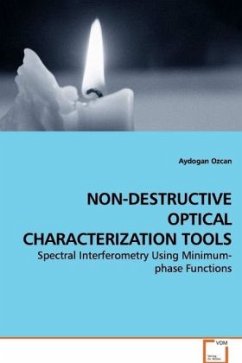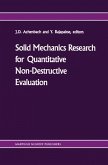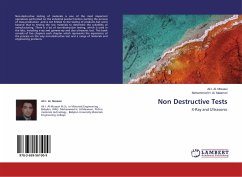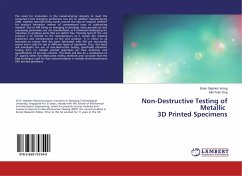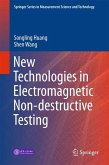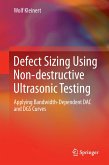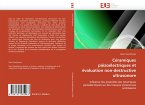Fourier transform theory is one of the most widely
used tools in physical sciences to retrieve vital
information about various physical phenomena. In
general, because a Fourier transform is a complex
quantity, both its phase and magnitude are required
for a unique representation of the function of
interest. However, in many applications, only the
magnitude of the Fourier transform can be measured,
and a direct measurement of its phase is rather
difficult. This constitutes a fundamental limitation
in many fields, since the function of interest cannot
be recovered uniquely from its Fourier transform
magnitude measurement alone.
In this book, a special family of functions, so
called the minimum-phase functions, for which the
Fourier transform phase can be recovered from the
Fourier transform magnitude alone, is discussed. We
apply this concept to several important fields of
physics, and show in each case that with a simple
magnitude spectrum measurement and data processing,
we can recover the function of interest
unambiguously. In all cases, this approach has led to
significant breakthroughs, as well as simpler and
faster measurements and processing.
used tools in physical sciences to retrieve vital
information about various physical phenomena. In
general, because a Fourier transform is a complex
quantity, both its phase and magnitude are required
for a unique representation of the function of
interest. However, in many applications, only the
magnitude of the Fourier transform can be measured,
and a direct measurement of its phase is rather
difficult. This constitutes a fundamental limitation
in many fields, since the function of interest cannot
be recovered uniquely from its Fourier transform
magnitude measurement alone.
In this book, a special family of functions, so
called the minimum-phase functions, for which the
Fourier transform phase can be recovered from the
Fourier transform magnitude alone, is discussed. We
apply this concept to several important fields of
physics, and show in each case that with a simple
magnitude spectrum measurement and data processing,
we can recover the function of interest
unambiguously. In all cases, this approach has led to
significant breakthroughs, as well as simpler and
faster measurements and processing.
